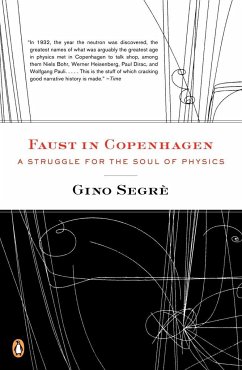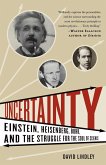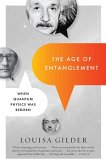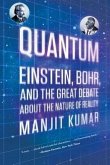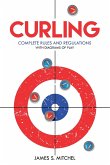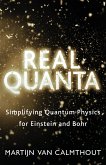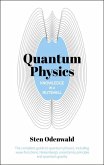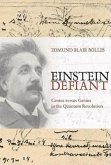A physicist himself, Gino Segrè writes about what scientists do?and why they do it?with intimacy, clarity, and passion. In Faust in Copenhagen, he evokes the fleeting, magical moment when physics?and the world?was about to lose its innocence forever. Known by physicists as the miracle year, 1932 saw the discovery of the neutron and antimatter, as well as the first artificially induced nuclear transmutations. However, while scientists celebrated these momentous discoveries?which presaged the nuclear era and the emergence of big science?during a meeting at Niels Bohr?s Copenhagen Institute, Europe was moving inexorably toward totalitarianism and war.

